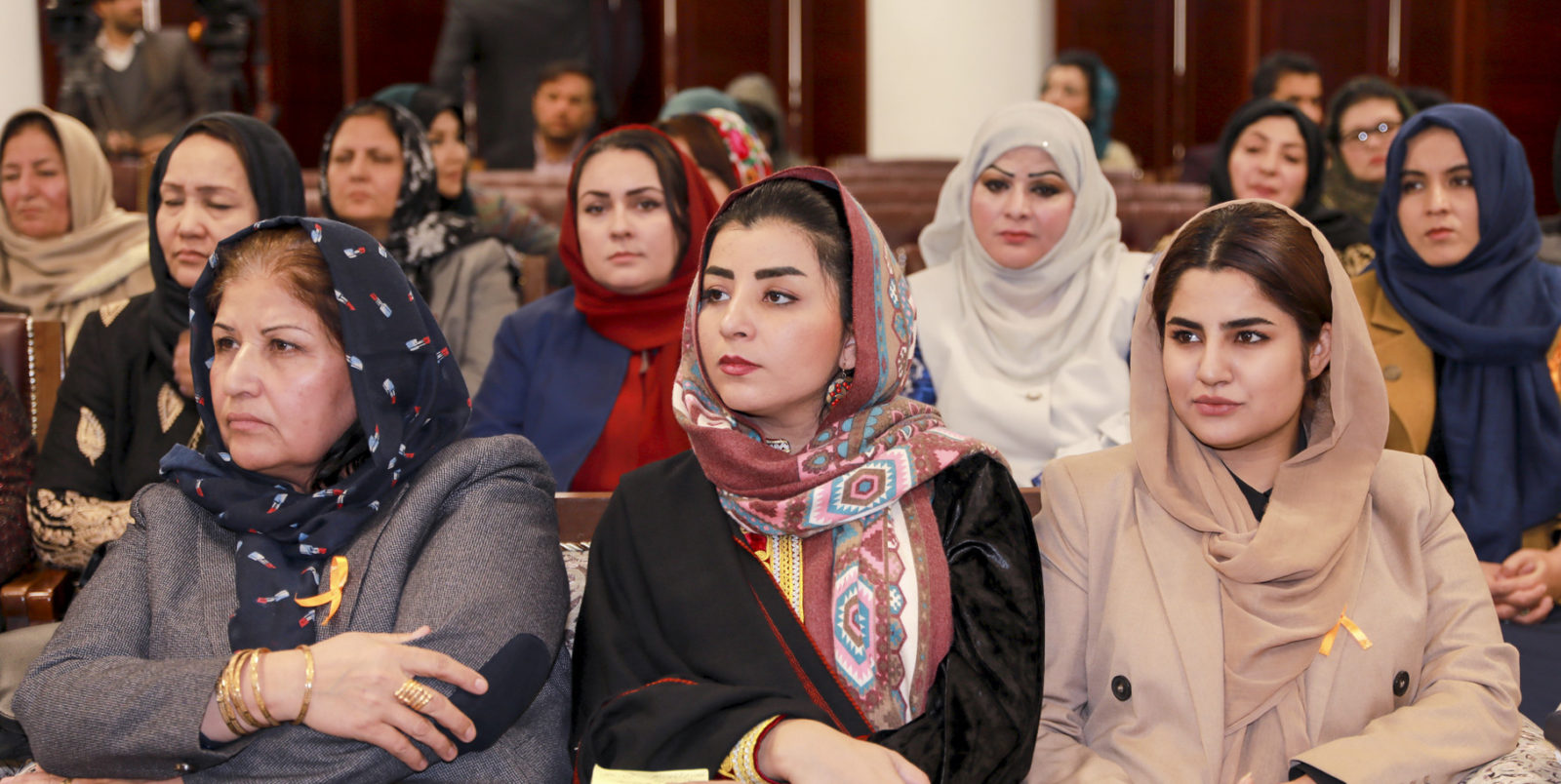WPHF is following the recent developments in Afghanistan closely and adapting our efforts as the situation evolves.
WPHF is supporting Afghan women civil society leaders and their organizations in country and across the region to sustain their critical work in the face of mounting human rights violations against women and girls.
Our Work
In Afghanistan, WPHF is channeling urgently needed financing to women’s organizations working to sustain their operations, advance progress on gender equality and women’s empowerment, end violence against women and girls, and protect their safety, security, and human rights.
WPHF is also supporting women’s organizations in Afghanistan, Pakistan and Tajikistan to promote the socio-recovery, participation & leadership of displaced Afghan women & girls in the region.
Background
Decades of conflict, recurring natural disasters, chronic poverty, drought, widespread food insecurity and, more recently, the COVID-19 pandemic have resulted in millions of people in Afghanistan in need of humanitarian assistance — more than half of the country’s population. This already precarious situation took a dramatic turn in August 2021, when the Taliban forces retook control of the country two decades after being removed from power. The withdrawal of all international troops, topped with the suspension of foreign aid, the freezing of government assets, and international sanctions, put the Afghan economy on the brink of collapse, deepening poverty in a country where more than half of the population doesn’t have enough to eat.
Displacement soared in Afghanistan following the rise of the Taliban. The number of internally displaced persons (IDPs) reached around 5.5 million in September 2021, and over 515,000 Afghans could be newly displaced refugees fleeing across borders in a potential worst-case scenario, according to UNHCR, the UN Refugee Agency. Approximately 80% of Afghans who were forced to flee are women and children that are at heightened risk of discrimination and violence and face unique challenges in a country that ranked 166 out of 167 countries on the Gender Development Index in 2019 and last on the Global Women, Peace and Security Index in 2021.
Taliban rule has had a devastating impact on Afghan women and girls, threatening and, in some cases, regressing the gender equality gains made over the previous twenty years. Women hold no cabinet positions in the de facto administration, which has also abolished the Ministry of Women’s Affairs — effectively eliminating women’s right to political participation. The Taliban have also banned girls from attending school past the sixth grade and barred women from working most jobs outside the home. Moreover, restrictions on women’s movement and bodies continue to escalate.
Despite these challenges, women remain key to Afghanistan’s future. Amid a deteriorating humanitarian and economic crisis, paralyzed banking system, rampant human rights violations, and lack of effective engagement from the international community, Afghan women continue to lead efforts to build a better Afghanistan. Ensuring their participation in elections, the economy, peace negotiations, and overall engagement in governance at national and subnational levels is critical to manage the crisis and its effects in the region, preserve gains made to date, demand access to more equitable decision-making mechanisms, and promote a more inclusive and peaceful society.
Our Vision
In Afghanistan and across the region, WPHF aims to ensure the financing and coordination of local civil society organizations working to protect and empower women as leaders and key humanitarian actors on the road to more inclusive, just and sustainable peace.
